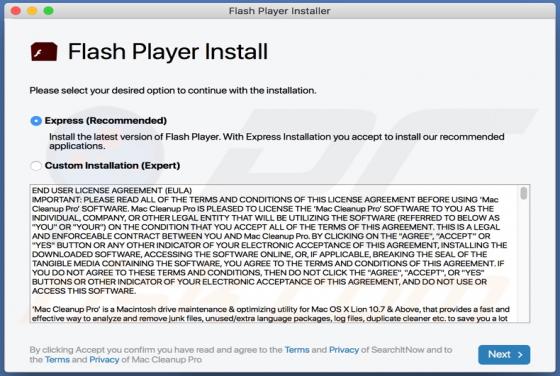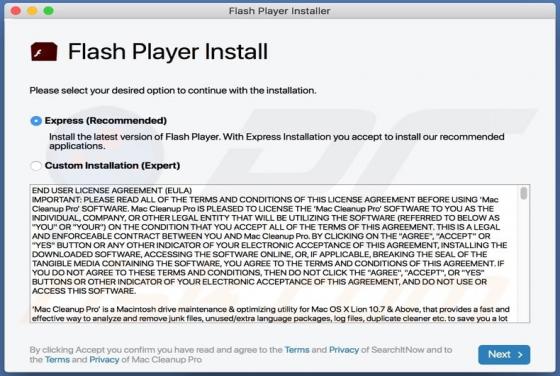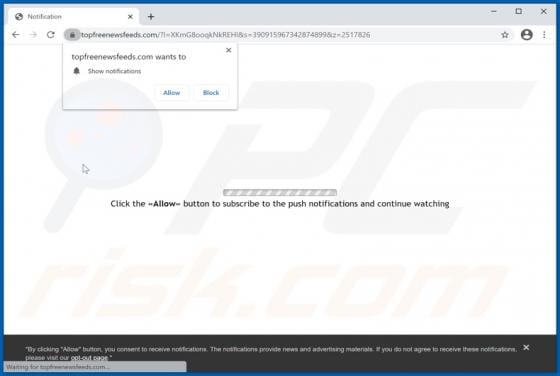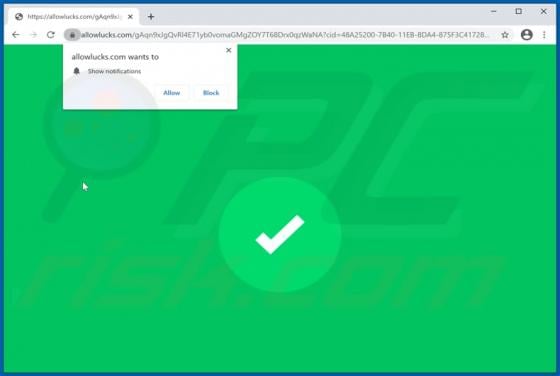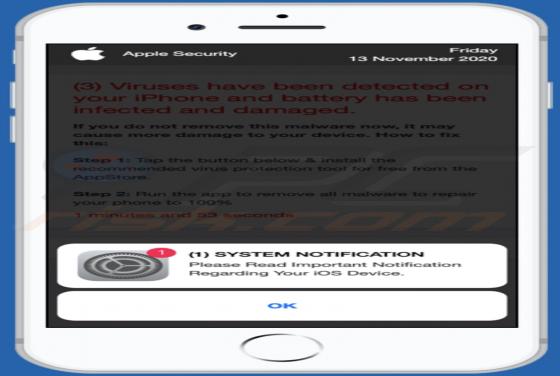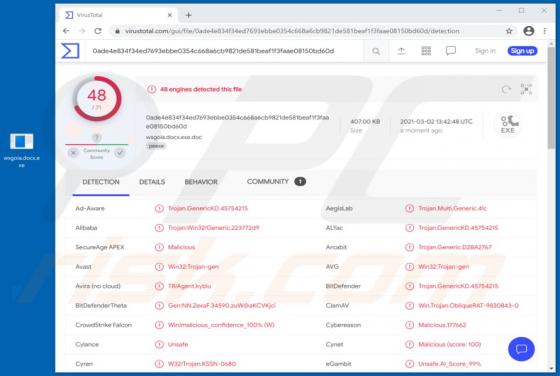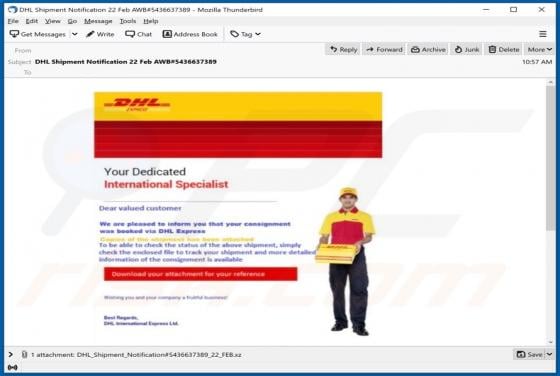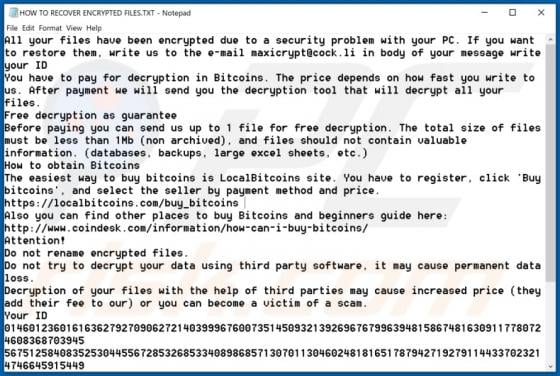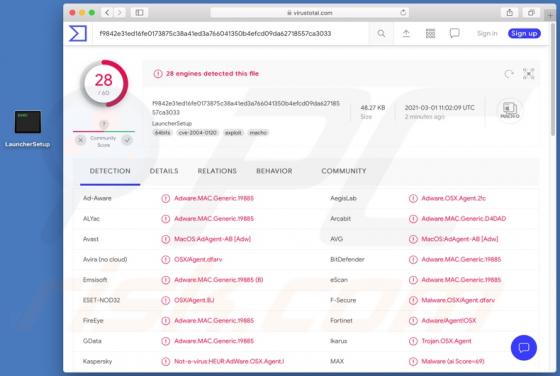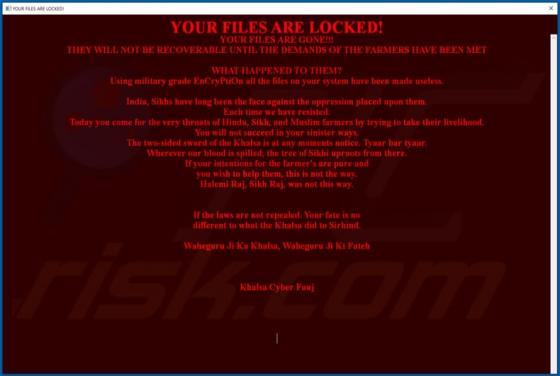
Sarbloh Ransomware
Ransomware is a type of malware that prevents victims from using/accessing their files, or the entire operating system, unless they agree to pay a ransom. Ransomware encrypts files to block access to them. Sarbloh is a ransomware variant that encrypts files and appends the ".sarbloh" extension to
